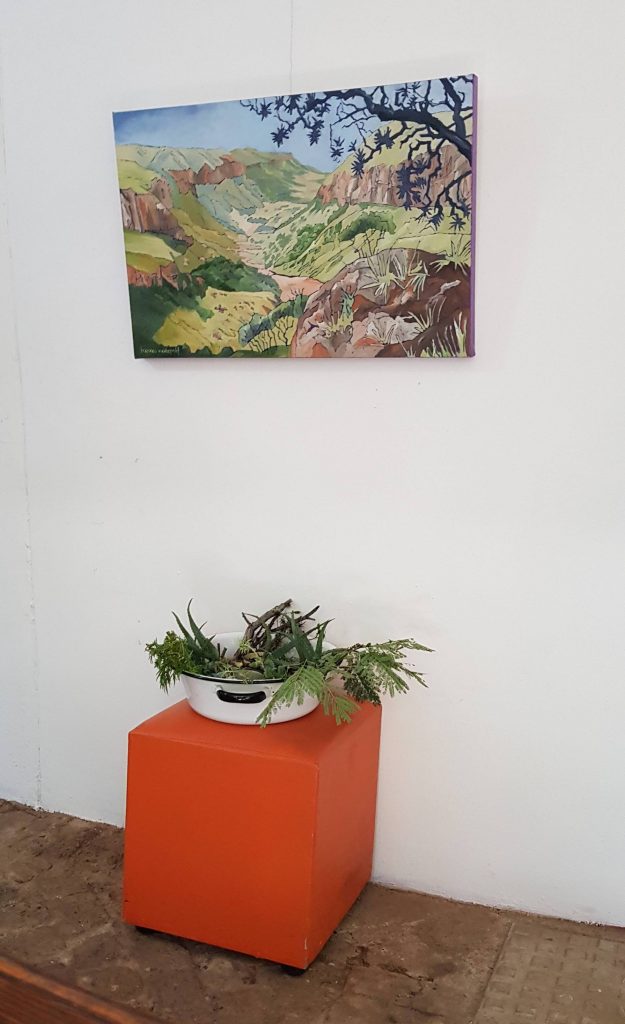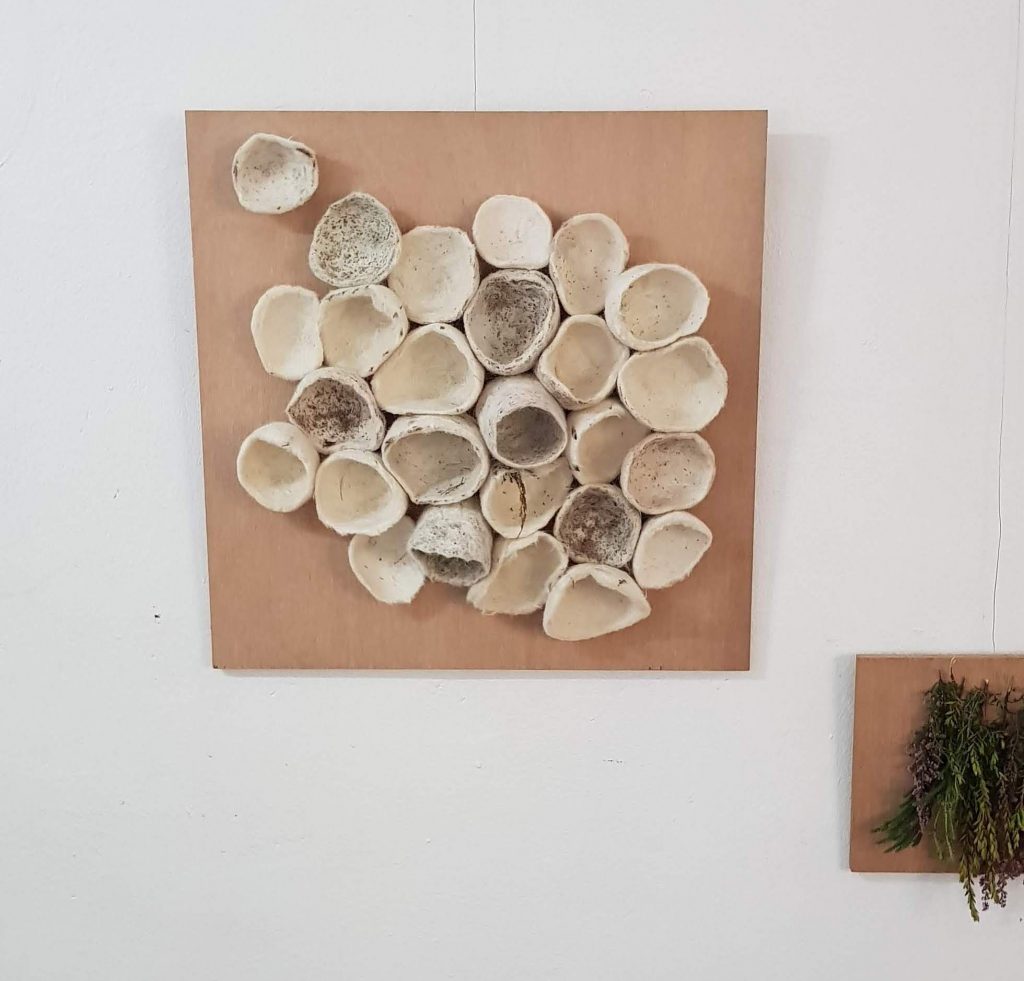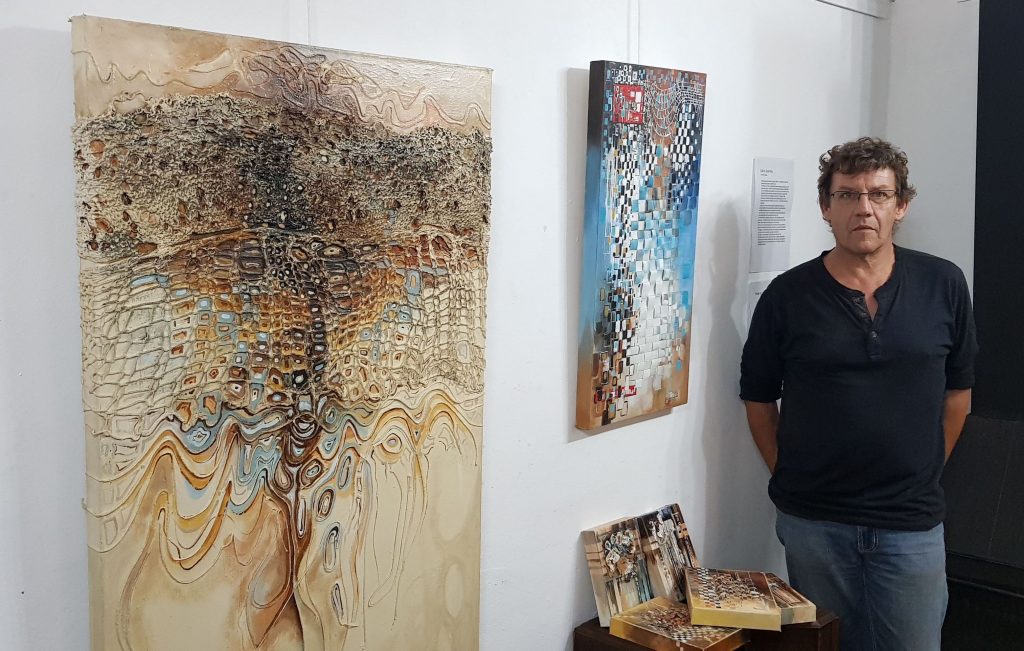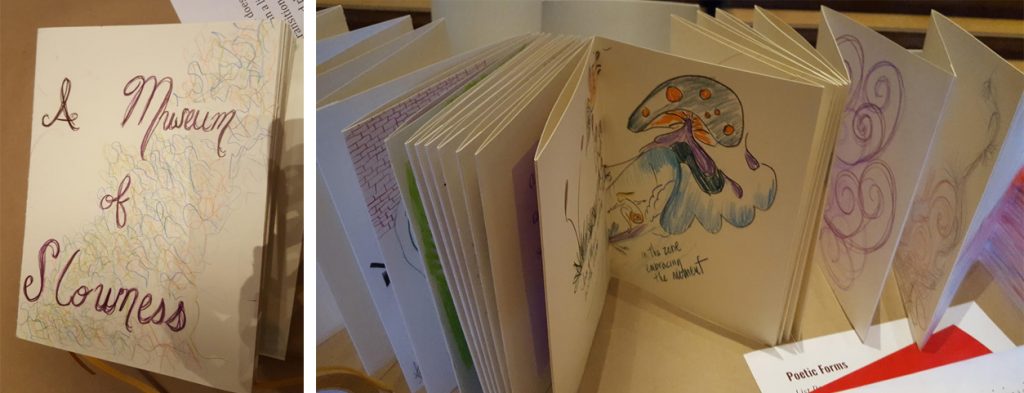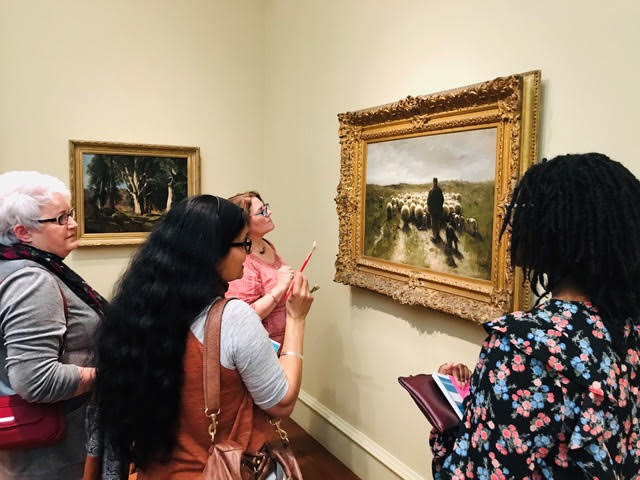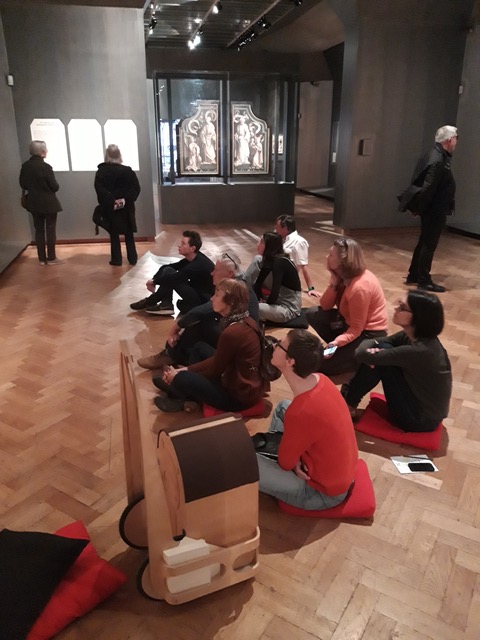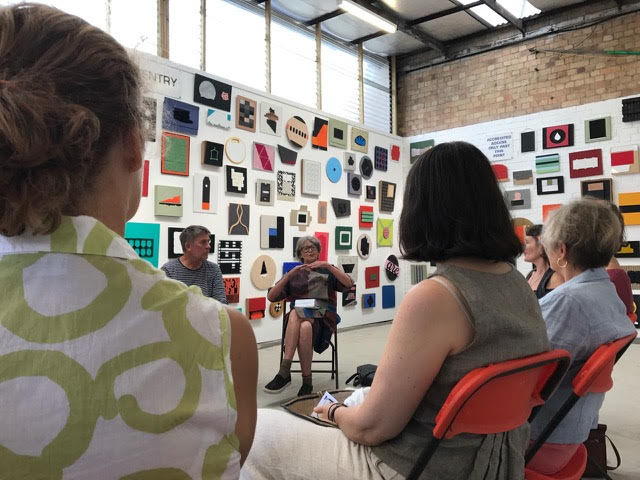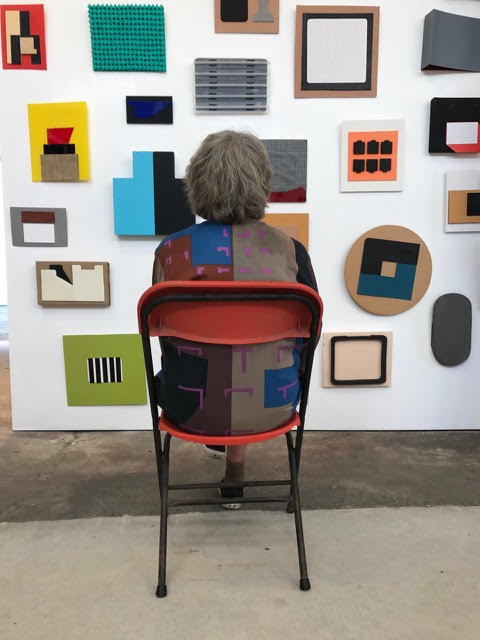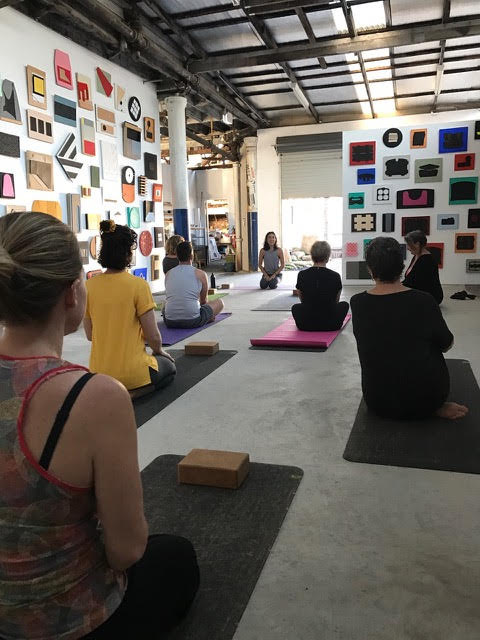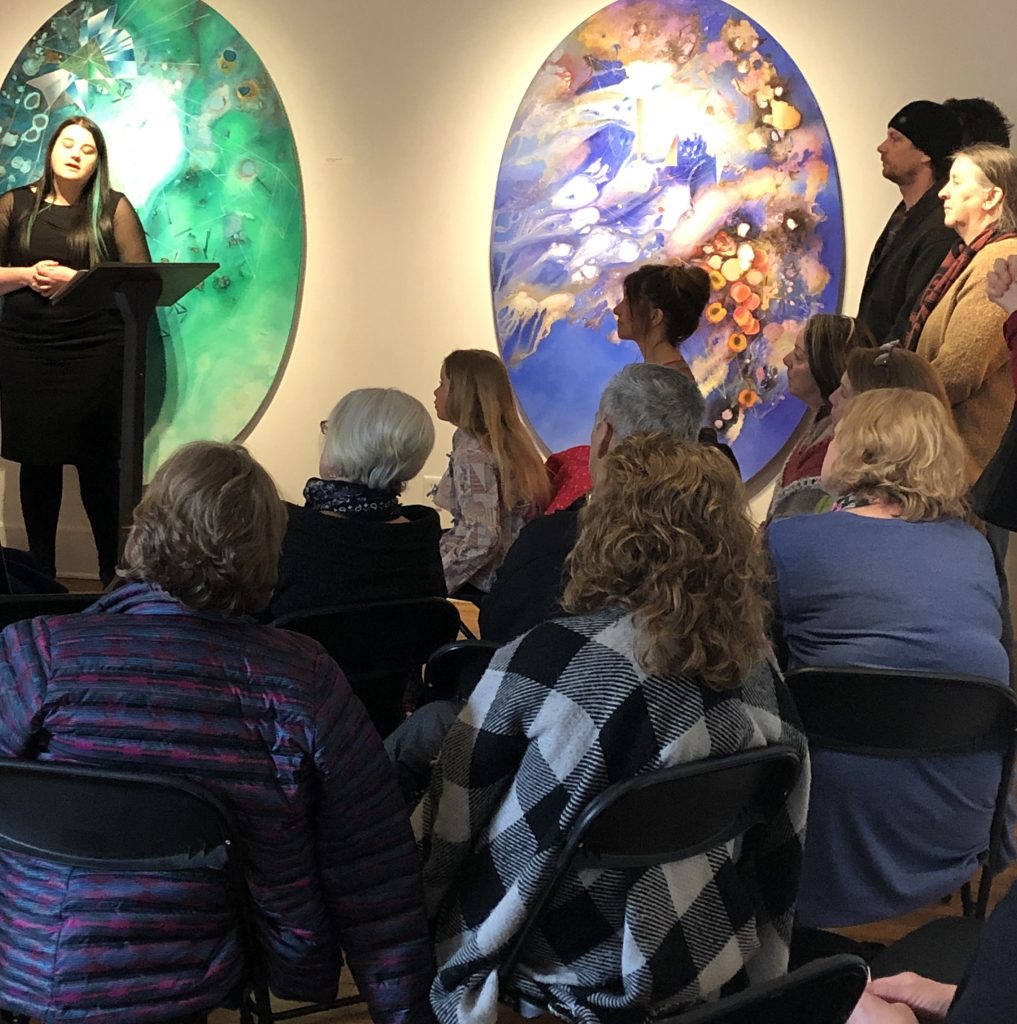Armond Storck, the Scriptor at Sint-Pauluskerk (St. Paul’s Church) in Antwerp, who has spearheaded the Slow Art Day movement in churches, is now planning, with his colleagues, a 12 hour slow music concert on July 27, 2024.
First, more about Storck’s support for Slow Art Day.
Storck and his colleagues have hosted seven previous Slow Art Day events and they passionately believe that churches are a natural home for Slow Art Day. “Not only are many churches brimming with works of art, but the locations themselves naturally invite reflection. The slow, sensory perception is a way to arrive at the (religious) meaning of a work of art. Time runs almost noticeably slower in our churches than in the world outside,” said Storck.
As a result of Storck’s efforts to evangelize Slow Art Day to other churches, this year there were four churches in Antwerp participating, each of which had gone through preparation and training coordinated by an organization called the Tourism Pastoral and Monumental Churches Antwerp.
Now back to his plans for slow music.
On July 27, titular-organist Bart Rodyns will play Erik Satie’s Vexations for 12 hours (6 a.m.-6 p.m.) at five different locations throughout St. Paul’s Church in Antwerp.
Interestingly, this piece of music from 1893 has only 18 notes, divided into 3 lines, which are repeated 840 times according to an arithmetic scheme. Spending the day listening to this should be meditative and hypnotic, perhaps revelatory.
Here’s how it will work:
– 6 a.m. to 8 p.m. Bart will play the harmonium in the high choir
– 8 a.m. to 11 a.m. Bart will play the piano in ‘t Schooltje during breakfast
– 11 a.m. to 2 p.m. Participants will hear Bart on the electric piano in the Calvary
– 2 p.m. to 5 p.m. Bart will play the historic organ in the church
– 5 p.m. to 6 p.m. Finally, Bart will finish his marathon in the crypt on a chest organ
The amazing historic organ, pictured below, features three manuals, a pedal board, seventy-four registers, and 3,303 pipes. Oh my.
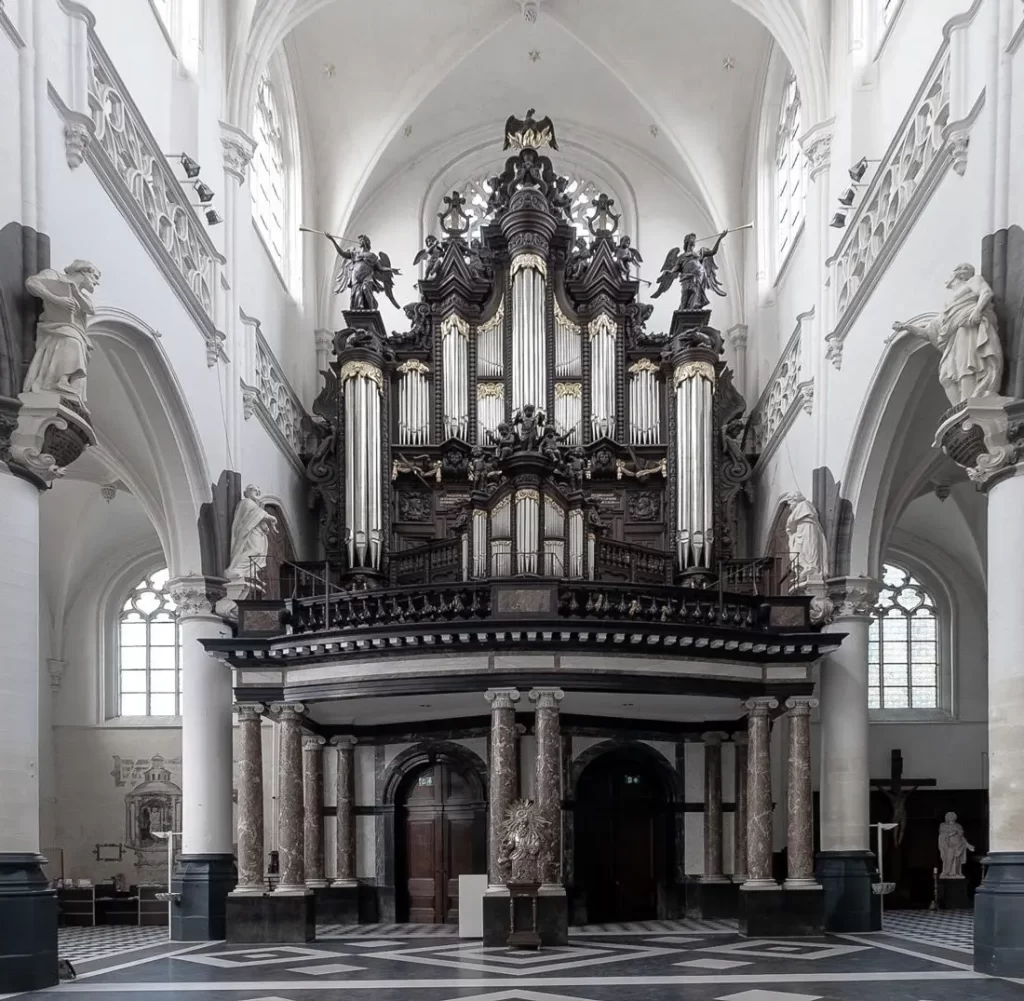
And here is a photo of Bart Rodyns in his “Satie” outfit (i.e., dressed like the composer). Love that Victorian-era purple/blue long-tailed double-breasted coat and floral (or paisley?) waistcoat. And the yellow trousers? Fantastic. The glasses add a modern touch.
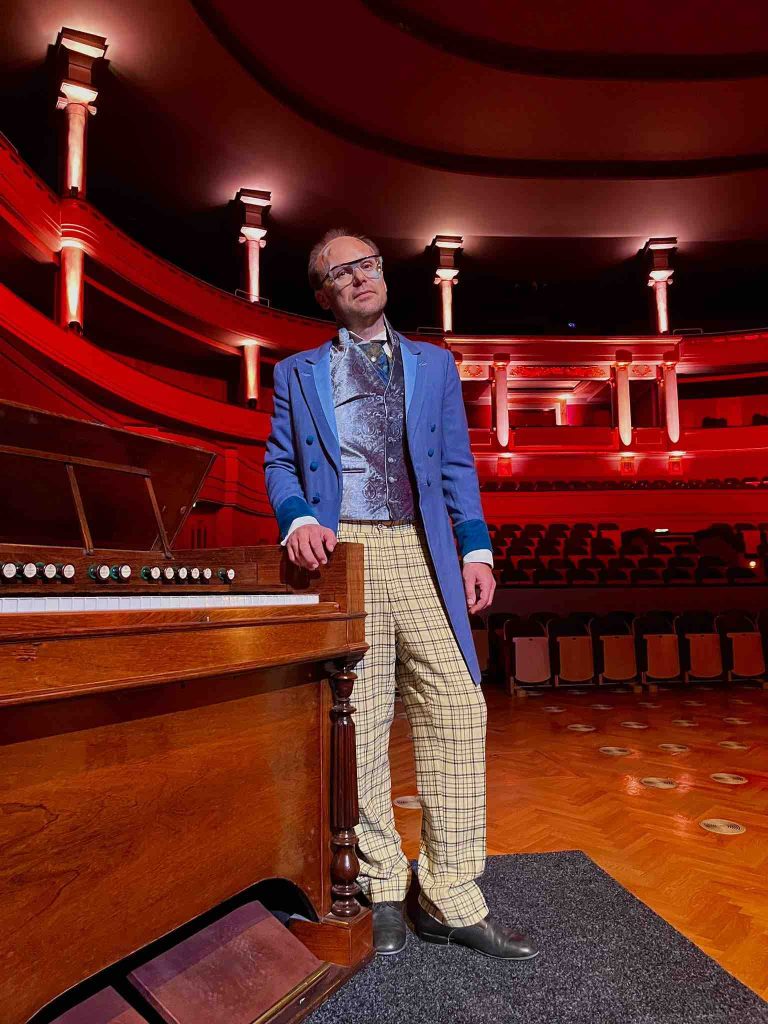
Food will be available: Breakfast in the morning, then starting in the afternoon snacks, beer and wine at “democratic prices.”
If you are in Antwerp, go.
If you are not, then consider traveling for this extraordinary slow musical experience.
– Phyl
P.S. For more information, consult this article (it’s in Dutch so use Google to translate if you need it in English or another language).










